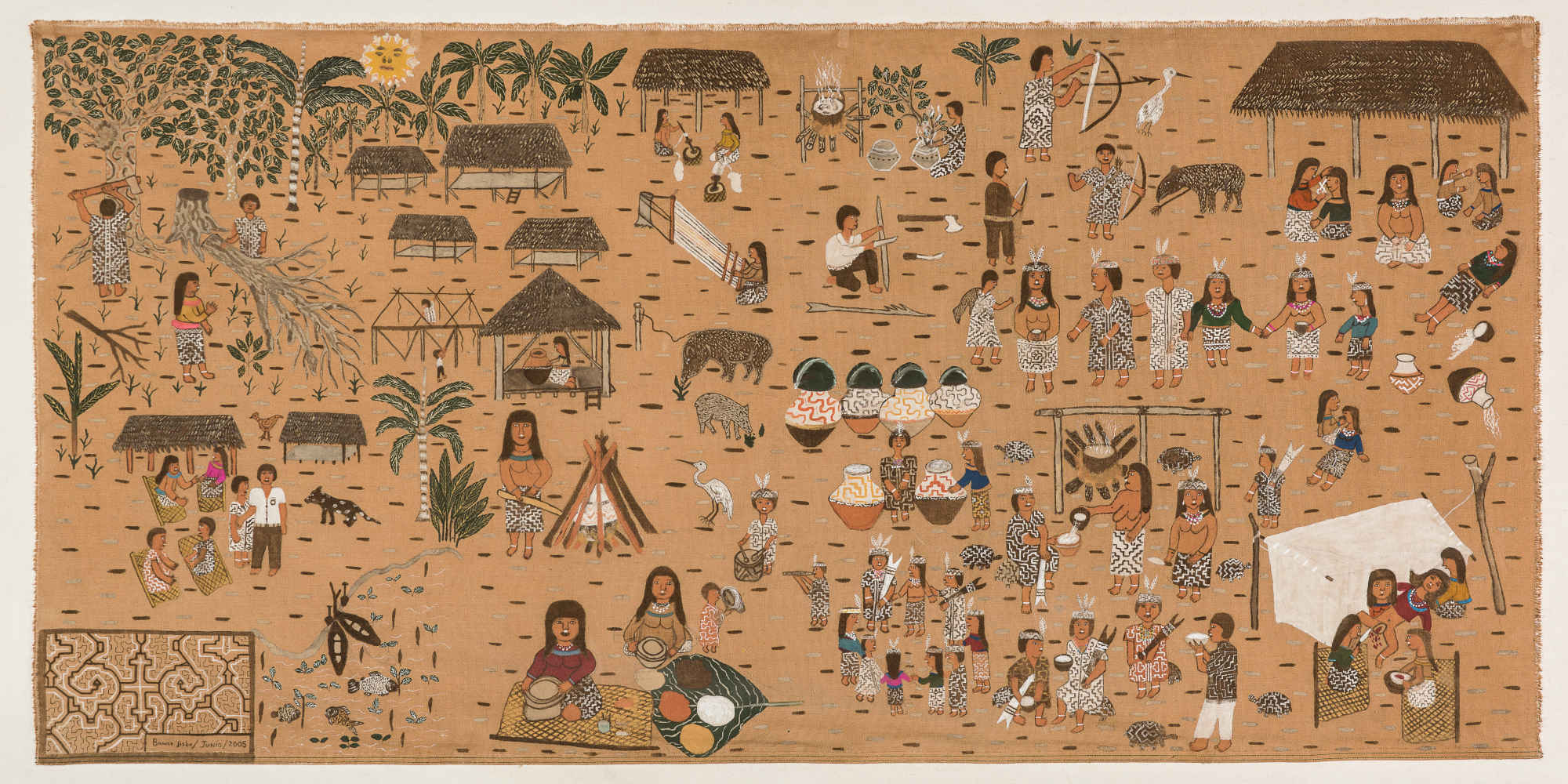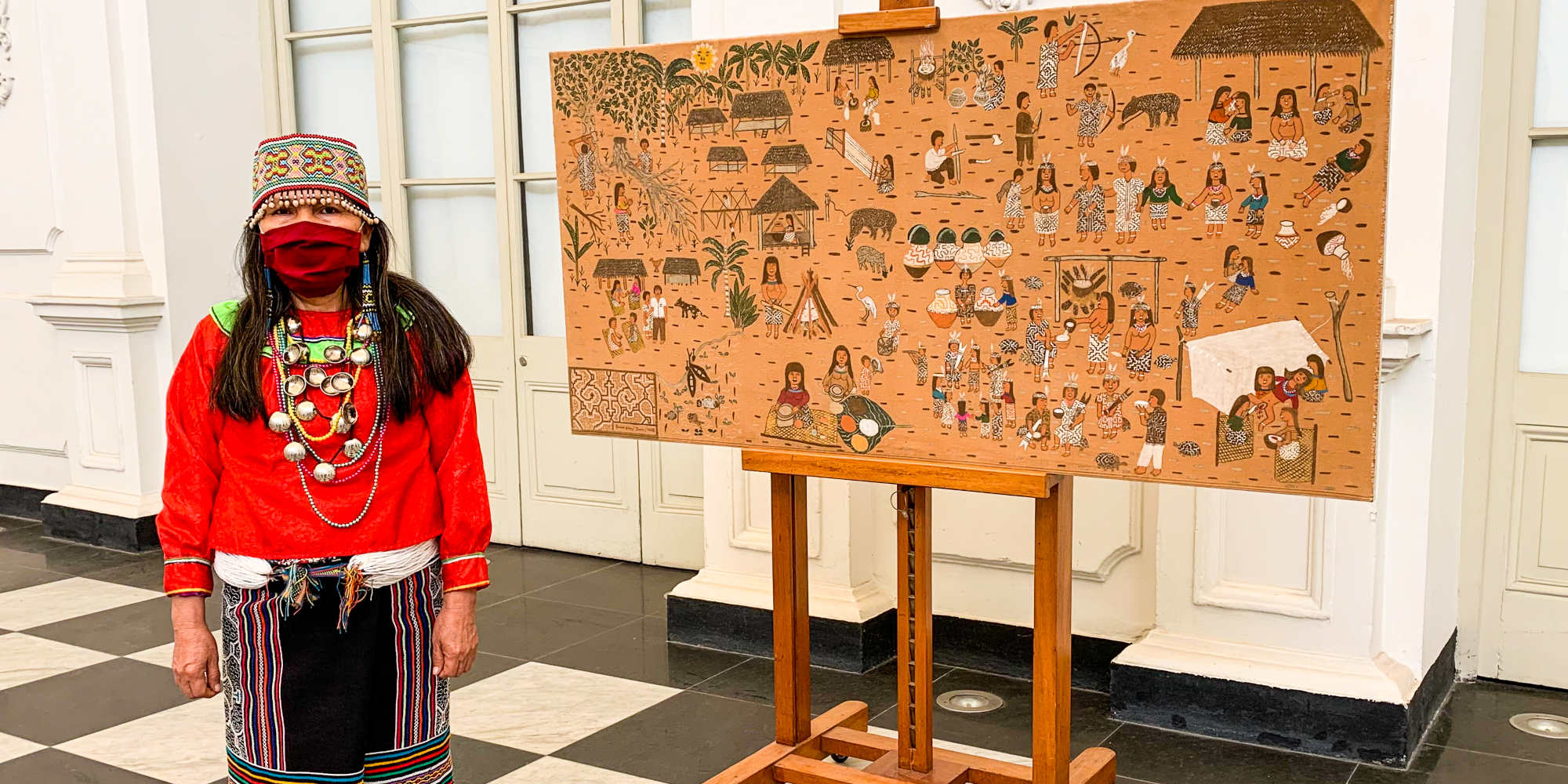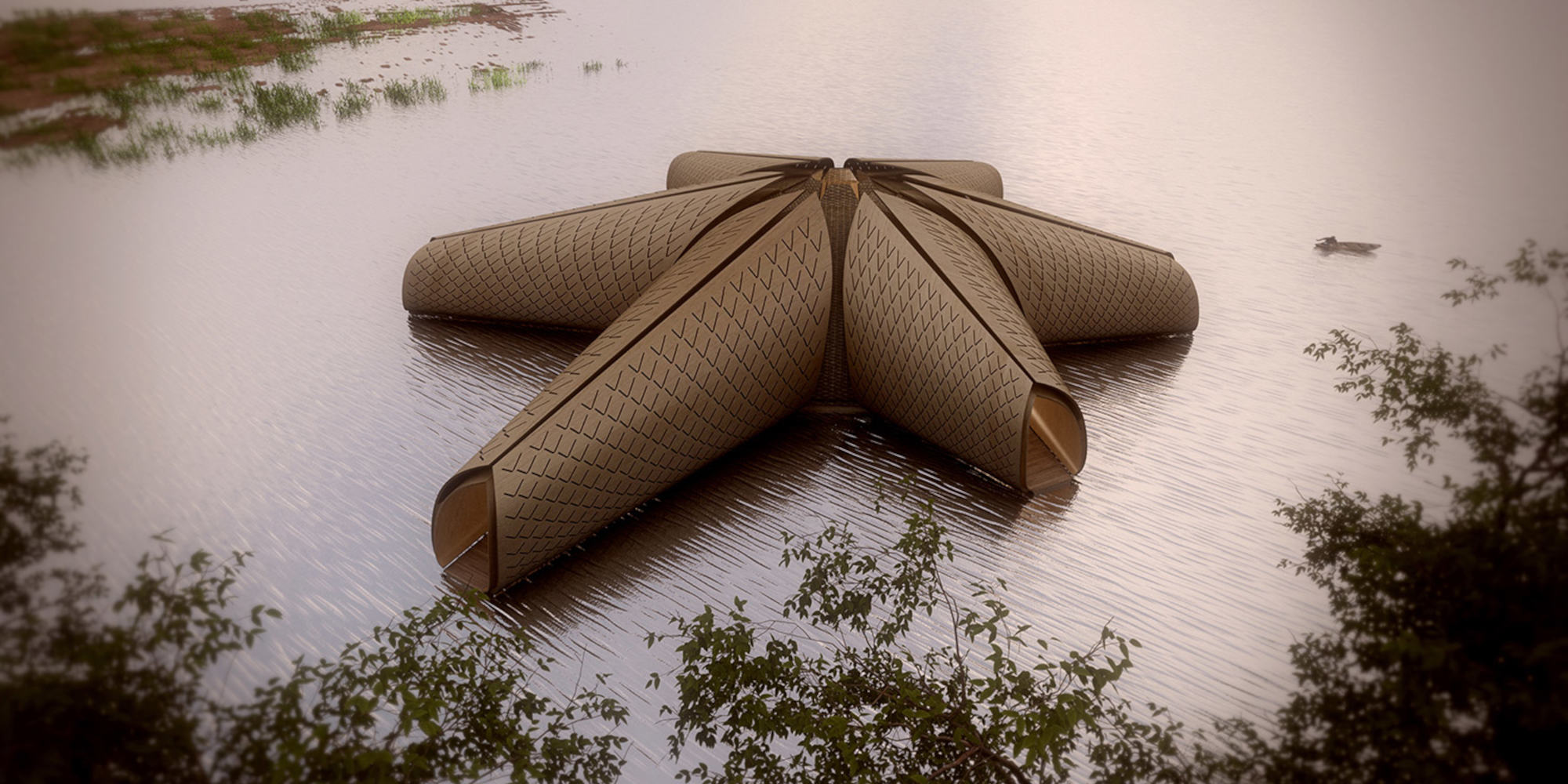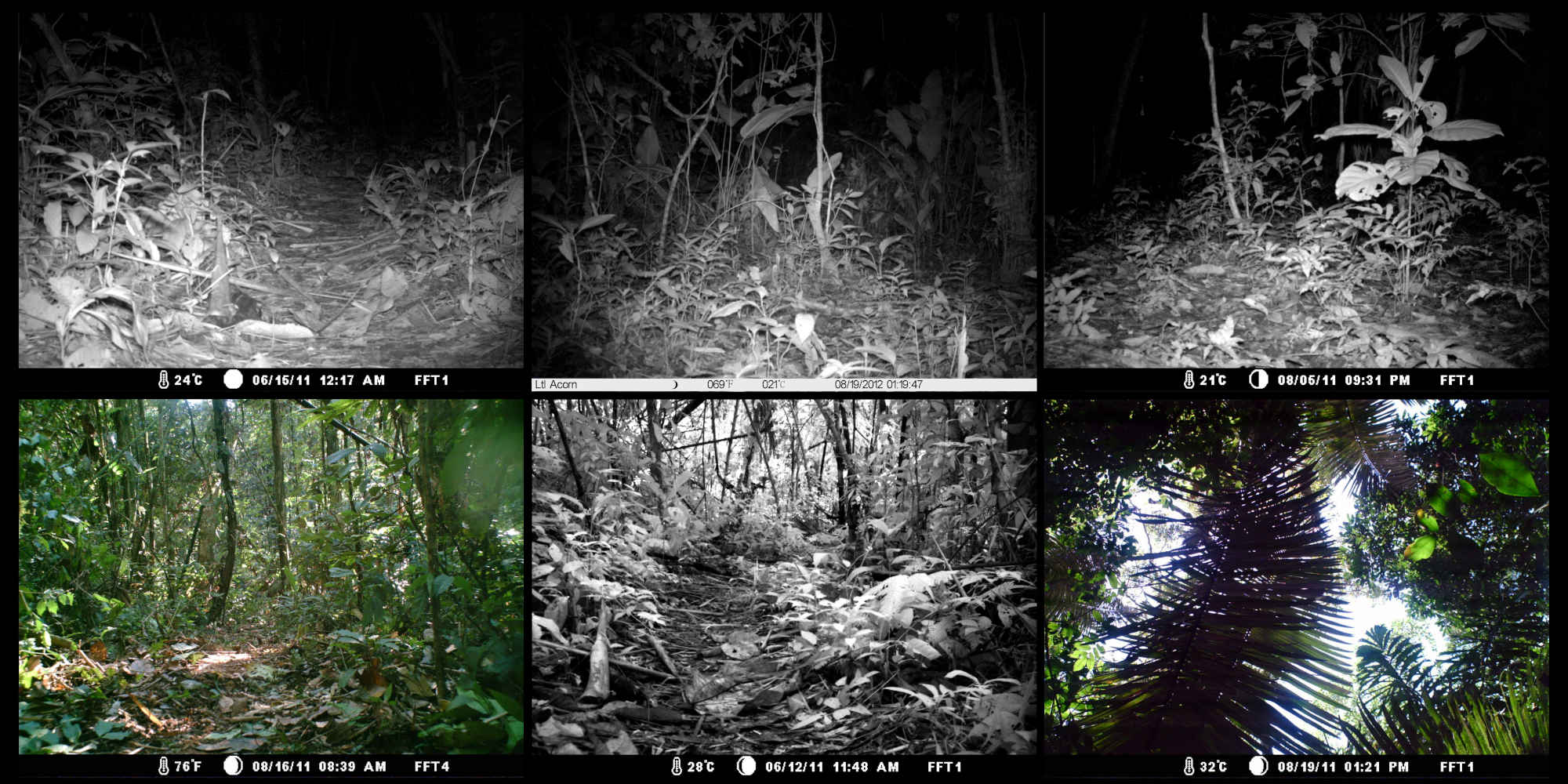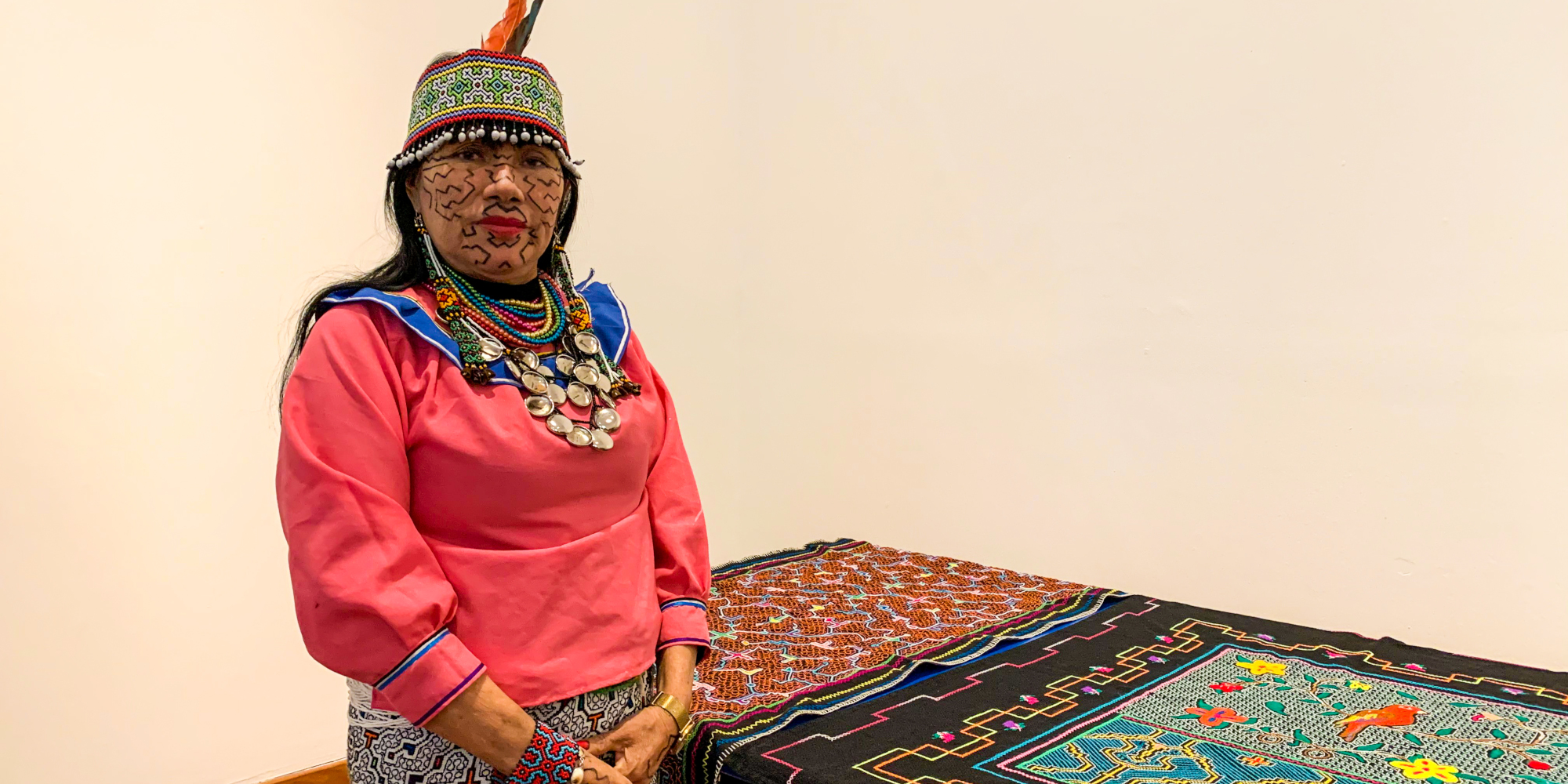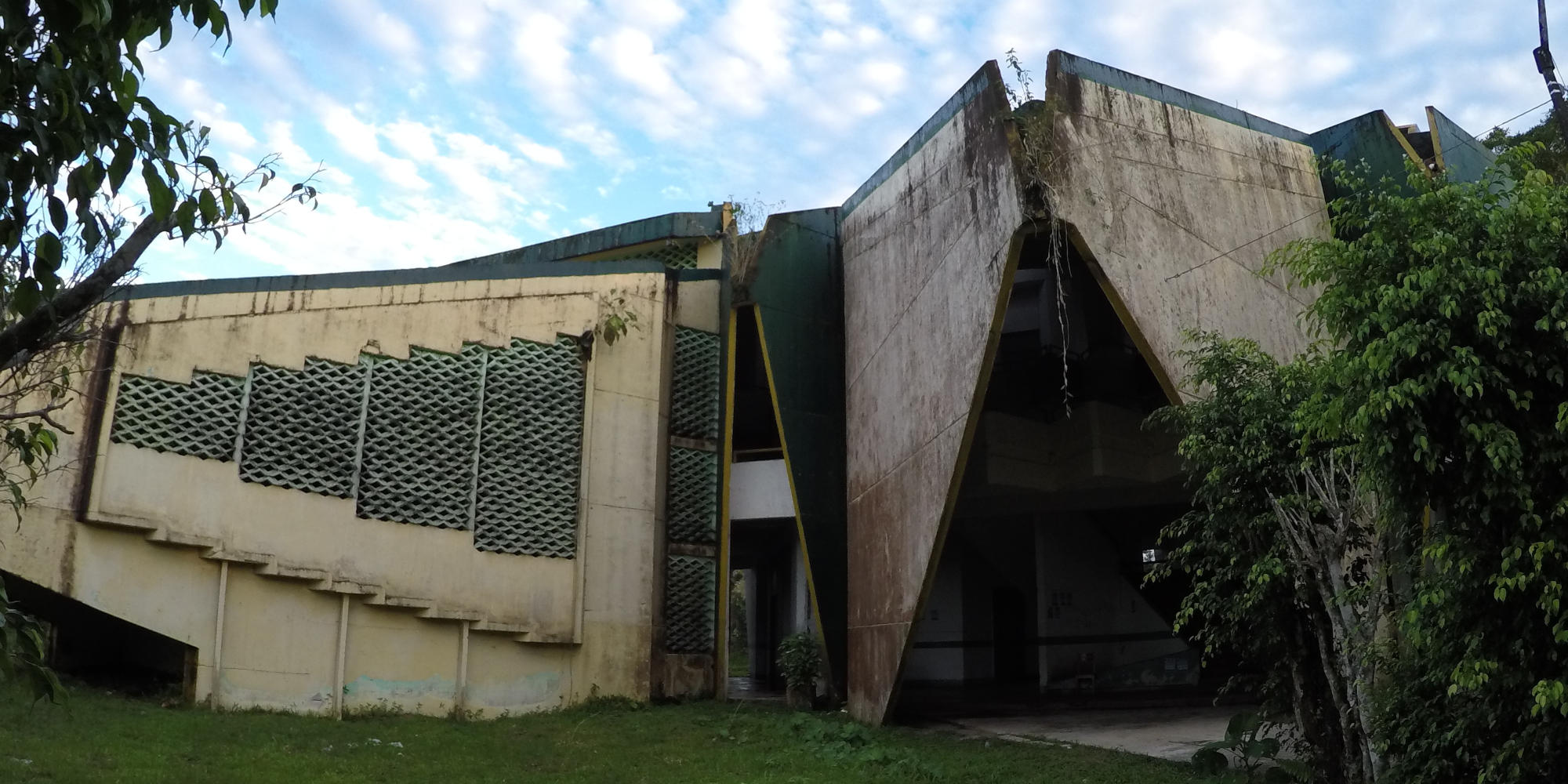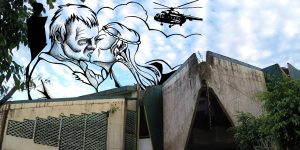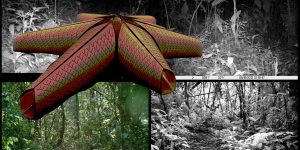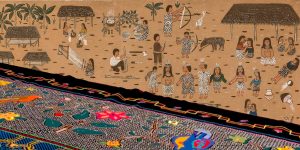The Peruvian Garden is an ecosystem structured to bring together artistic creators and social scientists whose projects propose a look at the Amazon, a historically relegated geographical and social space that occupies a vast portion of the Peruvian territory. The Amazon region is a crucial site for debates central to contemporary life: from the fight for the rights of indigenous peoples and the preservation of their ancestral knowledge to the conservation of a vital natural environment for global survival.
A selection of interviews and video artworks that reflect on life and events in the Amazon of today, showing the dynamics and tensions between tradition, migration and modernity, very different and complex processes that have been approached under the perspective of important cultural agents.
Ars Electronica Garden Lima
As we immerse ourselves in the network of alliances, approximations and relationships currently experienced through computers, we are enveloped in an innate need to connect / communicate and stay current in the virtual world; a simulacrum of life itself further established by a pandemic that has confined us to a “flat prison cell”. It is this virtual architecture precisely that makes it possible to place the world at a remove, shortening time and distances thanks to technologies that underpin an ecosystem for discussion and exchange with multiple agents.
Is in this sense that the Peruvian Garden is itself presented as an ecosystem structured to join artistic creators and social scientists whose projects propose to look at the Amazon, a historically relegated geographical and social space that occupies a vast portion of the Peruvian territory. The Amazon region is a crucial site for debates central to contemporary life: from the fight for the rights of indigenous peoples and the preservation of their ancestral knowledge to the conservation of a vital natural environment for global survival. Currently, COVID-19 represents a great threat both to Amazon communities and to their migrants to the capital, Lima, who often lack access to essential resources such as sewage, running water, and electric power.
In Migratory Movement and Preservation of the Amazonian Memory, artists Olinda Silvano (Reshinjabe) and Elena Valera (Bawan Jisbe), migrants and descendants of the native Shipibo-Conibo people, reflect on life in the urban settlement of Cantagallo, in the outskirts of Lima, the ways of preservation of collective memory and the traditions of their communities, as well as the problems they face due to the risk of contagion of COVID-19.
In Configurations Around the Environment, the Amazon and New Media, visual artist Nancy La Rosa approaches the socio-environmental conflicts derived from the extraction of common goods in Peru, and the power relations implicit in traditional representations of the territory. In this section, the artist will present the works she has developed over the past eight years, including El Obturador Emancipado video piece.
Meanwhile, architect Beno Juárez will present the Floating Fab Lab Amazonas project, roaming digital manufacturing laboratories, which seeks to develop new technologies to solve the main challenges of the world ― social inclusion and climate change ― through the fabrication of essential and biodegradable objects.
Finally, the section Representations about the indigenous Amazon will present two projects around the narrative of Amazonian representations in order to address sociocultural problems. This section will feature the bilingual radio soap opera Etsa Nantu, passion in the Amazon, written and produced in the Peruvian Amazon by an intercultural crew gathered and trained by the “Escucha Peru” project. This includes the presentation of the director Matías Vega Norell.
The artist Fatima Rodrigo will present UNAP (National University of the Peruvian Amazon), a video piece that dissects part of the physical makeup of the brutalist University built in the Peruvian Amazonian rainforest, and a symbol of the government’s false promise of modernity and prosperity.
Preview viedo
Timetable
Program
Project Credits / Acknowledgements
This presentation brings together the projects of six Peruvian artists and authors: Beno Juárez, Nancy La Rosa, Fátima Rodrigo, Olinda Silvano (Reshinjabe), Elena Valera (Bawan Jisbe) and Matías Vega.
Co-curated by Almendra Otta and Sairah Espinoza
Videos by Melissa Zapata
Alta Tecnología Andina – ATA / Museo de Arte de Lima – MALI
